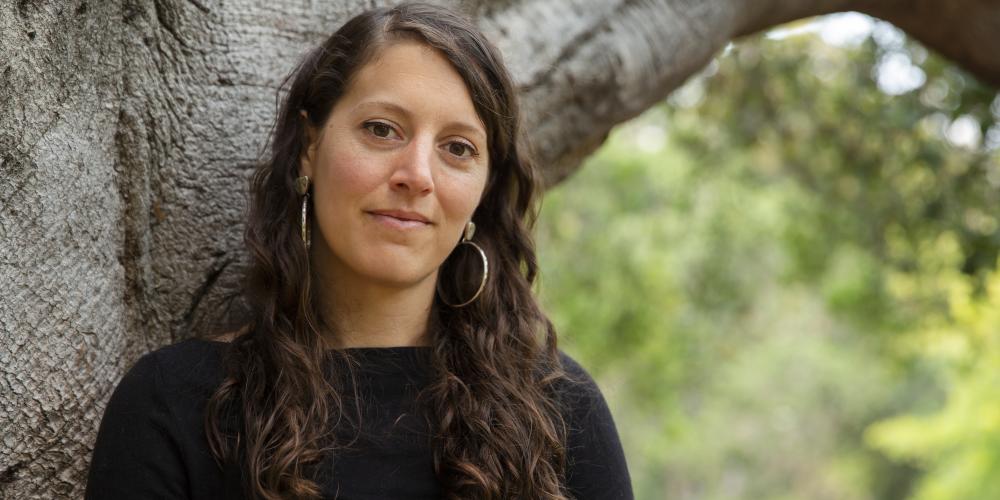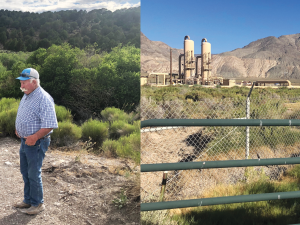

Research Bio
Meg Mills-Novoa is an assistant professor with a joint appointment to the Division of Society and Environment in the Department of Environmental Science, Policy & Management and the Energy and Resources Group. Meg is the director of the Climate Futures Lab, a hub for social science research on the impact and equity of climate change responses. As a human-environment geographer, her research focuses on climate change adaptation and decarbonization. She uses a mix of quantitative and qualitative methods, from spatial analysis and quantitative surveys to archival research and interviews. She collaborates closely with communities and practitioners to improve the design, implementation, and outcomes of adaptation and energy transition initiatives that promote inclusion and equity. Regionally, Meg is working with communities across the Arid Americas, including the Andes (Ecuador) and Great Basin (U.S.).
Reflecting her interest in human dimensions of global change across the Americas, she also has a parallel research project on environmental change in the Amazon. Currently, she is the co-PI of an interdisciplinary research team that is funded by the National Center for Socio-Environmental Synthesis. Their project merges critical discourse analysis, remote sensing, and predictive land use modeling to understand the diverse drivers and proposed solutions to deforestation in the Amazon.
Prior to joining Berkeley, Dr. Mills-Novoa worked for over a decade as an adaptation researcher and practitioner, first as a Fulbright Fellow studying climate change impacts on Chilean vineyards and then as a Luce Scholar placed with the Centre for Rural Development in northern Vietnam. Most recently, she served as the outreach coordinator for the Climate Impacts Research Consortium at Oregon State University.
Research Expertise and Interest
climate change adaption, energy transitions, political ecology of global change, critical development studies, water justice, participatory mixed methods, Latin America


